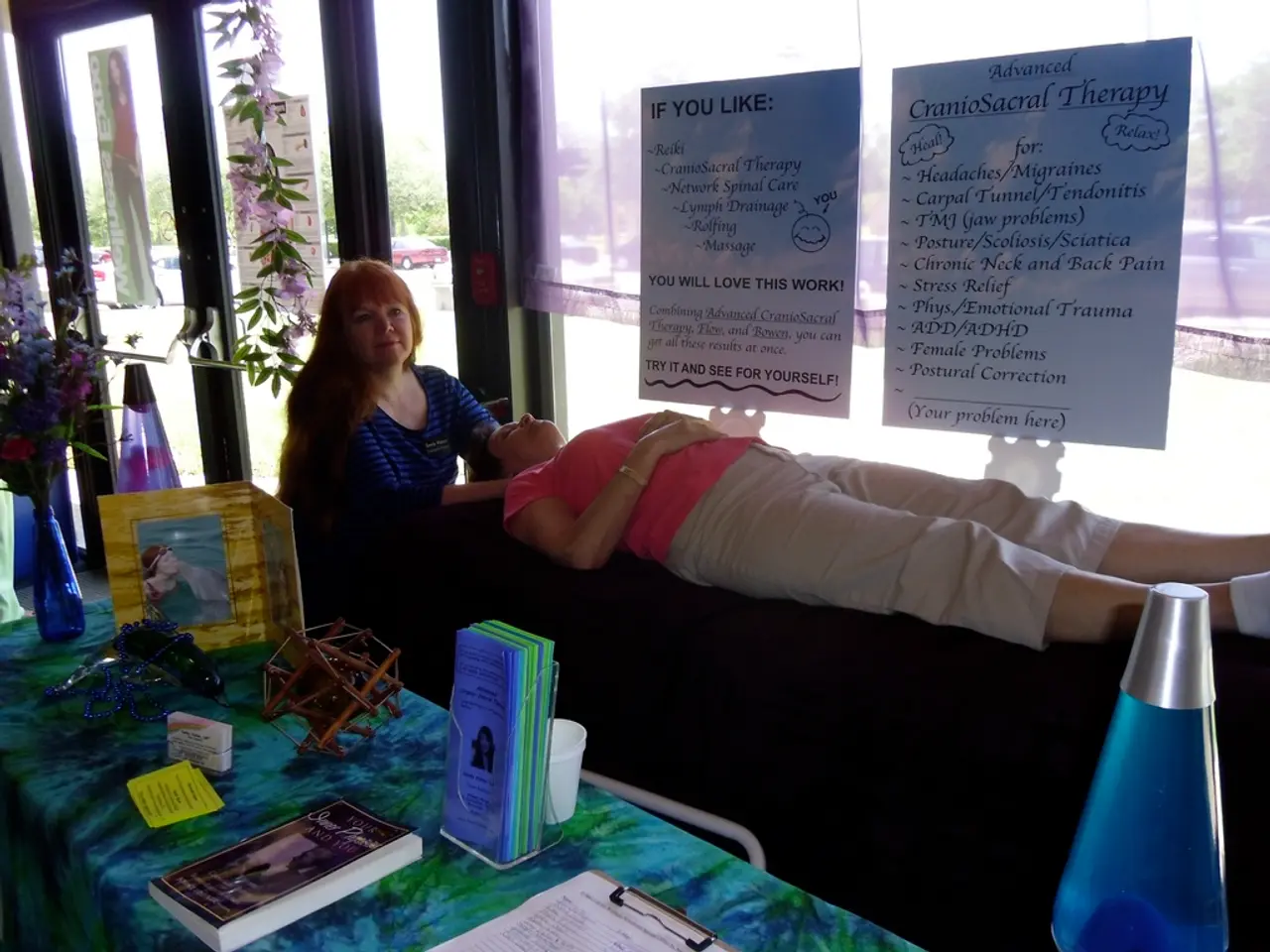Connection Between Stress and Nosebleeds Explored
Nosebleeds, while alarming, are a common occurrence and rarely pose a significant concern. However, it's essential to be aware of when to seek medical help.
If a nosebleed persists for more than 30 minutes, recurs frequently, is accompanied by other symptoms, interferes with daily activities, or seems to be triggered by stress, it's advisable to consult a healthcare professional. Certain underlying conditions, such as chronic rhinitis, bleeding disorders, or even the common cold, can increase the risk of nosebleeds.
Home treatment for occasional nosebleeds involves sitting upright with the head slightly forward, pinching the nose closed, and breathing through the mouth until the bleeding stops. After treating a nosebleed, it's crucial to avoid wiping, picking, or blowing the nose for several days to prevent re-bleeding.
High stress levels may contribute to nosebleeds, but the relationship is not straightforward. Some evidence suggests a link, with studies showing that people with anxiety disorders or adjustment disorders are more likely to experience nosebleeds. Conversely, frequent nosebleeds can cause heightened stress.
Smoking and dry nasal passages, often caused by dry air or overusing nasal decongestant sprays, can also contribute to nosebleeds. Interestingly, high blood pressure itself is not directly linked to nosebleeds, but certain medications for conditions associated with high blood pressure can make you more vulnerable.
Other causes of nosebleeds include physical injury to the nose, allergies, a cold, or sinus problems. More serious conditions, such as nasal polyps, tumors, deviated septum, or other deformities, and underlying medical conditions like leukemia, may also be responsible.
To manage stress levels and reduce the risk of nosebleeds, it's recommended to meet basic needs such as getting enough sleep and eating nourishing meals. Regular physical activity, mindfulness and relaxation strategies, and building a network of supportive people are also effective ways to reduce stress and protect mental health.
In some cases, applying petroleum jelly to dry nasal passages can provide relief. However, be careful not to apply it too far into the nose to prevent aspiration. If petroleum jelly is accidentally applied too far, it's important to contact a physician.
In conclusion, while nosebleeds are common, it's crucial to be aware of the potential causes and when to seek medical help. Simple home treatments can often manage occasional nosebleeds, but persistent or recurring nosebleeds may indicate an underlying condition that requires medical evaluation. Stress management is important for overall health, even if it does not directly cause nosebleeds.
Read also:
- Peptide YY (PYY): Exploring its Role in Appetite Suppression, Intestinal Health, and Cognitive Links
- Toddler Health: Rotavirus Signs, Origins, and Potential Complications
- Digestive issues and heart discomfort: Root causes and associated health conditions
- House Infernos: Deadly Hazards Surpassing the Flames








